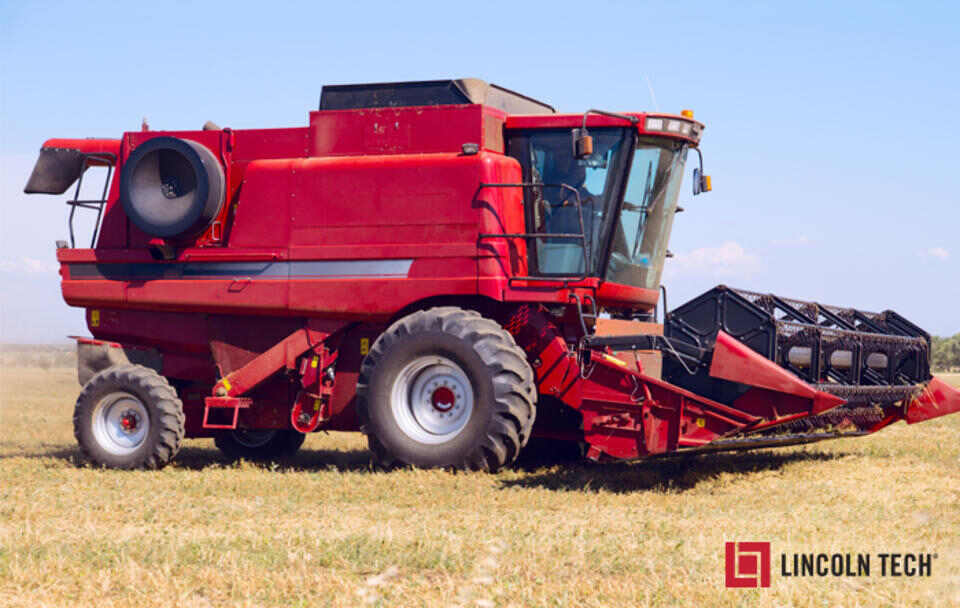Seven Types of Diesel Equipment Driving the Economy


If you’re considering a career in diesel mechanics, you’ll want to ensure you’re familiar with the various kinds of equipment that use diesel engines.
The National Biodiesel Board advises that diesel technology is key to the future of the transportation industry, particularly as applied to medium- and heavy-duty vehicles (both on- and off-road) and equipment in the rail, marine, industrial, agriculture and construction segments. The board also notes that more than 90 percent of all heavy-duty trucks in the U.S. are diesel-powered, and that diesel pickups and SUVs remain among the top-selling consumer vehicles.
The board points to 37 new clean-diesel car, truck and SUV models released in 2016 alone, with 40 more in development for future markets.
Types of Diesel Equipment
A surprising variety of machinery is powered by diesel motors. Training for a diesel mechanics career at Lincoln Tech can help you get familiar with many of them, including these examples cited by Dieselforum.org:
 Construction equipment
Construction equipment
Diesel powers more than three-fourths of all heavy construction equipment. Mechanics in this field work out of company or municipal shops or travel with construction crews. Many types of diesel equipment fall into this category.
 Farm equipment
Farm equipment
Diesel engines power more than two-thirds of all farm equipment, move 90 percent of agricultural products each year, and pump one-fifth of the water used on U.S. farms. “Diesel vehicles are used to plant the product, care for the product (through watering and applying fertilizers and pesticides), harvest the product and even bring the product to market for processing,” according to Dieselforum.org.
 Large trucks
Large trucks
Diesel moves about 90 percent of the nation's freight tonnage; nearly all highway freight trucks are powered by diesel engines. Big rigs are among the most commonly appearing types of diesel equipment when it comes to repair shops and training bays.
 Train & Marine engines
Train & Marine engines
Mechanics in both these fields often need training in specific systems. Rail mechanics focus on the train engines that haul about a third of all U.S. freight. Marine mechanics may focus on commercial ships, cargo-handling equipment, barges and/or marine work boats. In both fields, mechanics may travel with the vehicles to address daily issues or work in shops handling more routine upgrades and tune-ups.
 Buses
Buses
Ridership on public transportation has been growing since 1995, boosting demand for mechanics able to address diesel-related issues. When measured in 2013, 77 percent of transit buses were powered by diesel engines and fuel or diesel hybrid engines. Diesel technology also powers school-day transportation for about 55 percent of America's elementary and secondary school students.
Mining Equipment & Generators
Diesel is fundamental to the mining industry, which utilizes an estimated $7 billion worth of diesel-powered equipment. Generators of all sizes serve as backup power sources for all types of organizations, and typically rely on diesel engines.
Are you interested in learning more about a potential career in diesel technology? Contact Lincoln Tech and learn about the diesel training programs it offers at six campuses across the country.

 Construction equipment
Construction equipment  Farm equipment
Farm equipment Large trucks
Large trucks Train & Marine engines
Train & Marine engines Buses
Buses